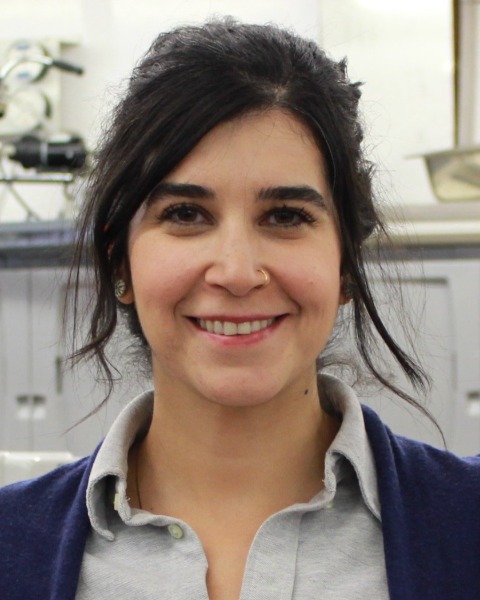2025 AOCS Annual Meeting & Expo.
Featured Session
Featured Session: Student Lightning Talks
Structural modifications and physical characteristics of high-moisture meat analogues using faba bean and Indigenous wild rice
Monday, April 28, 2025
8:30 AM - 10:00 AM PST
Room: A107-109

Ravinder Singh, MSc
PhD Student
University of Manitoba
Winnipeg, MB, Canada
Filiz Koksel, PhD (she/her/hers)
Associate Professor
University of Manitoba
Winnipeg, MB, Canada
Presenting Author(s)
Co-Author(s)
Abstract: Extrusion cooking is a thermo-mechanical process that transforms globular plant proteins into meat-like textures through complex structural modifications. While extensively studied for conventional proteins like soy, pea, and wheat gluten, these transformations remain unexplored for novel sources such as faba bean protein (FP). Furthermore, the incorporation of culturally significant ingredients like Indigenous wild rice (IWR) in high-moisture meat analogues (HMMAs) has not been investigated. This research aims to incorporate IWR into HMMA formulations and study the effects of extrusion temperatures (125, 135, and 145°C at the die) and feed moisture levels (50%, 54%, and 58%) on physical quality, protein-protein interactions, protein secondary structure and in vitro protein digestibility. IWR was successfully integrated into HMMAs at a 25% concentration. Findings showed that extrusion temperature did not affect textural quality (cutting strength, hardness, and chewiness), whereas higher feed moisture reduced these properties. Protein-protein interaction analysis revealed that an increased temperature enhanced hydrogen bonding, while higher moisture levels intensified disulfide bonds. This study provides fundamental insights into structural changes during HMMA formation and establishes IWR as a novel ingredient, promoting cultural inclusion in plant-based food systems. The next phase of this project aims to improve the flavor profile of HMMAs through innovative pre-treatments.

.png)